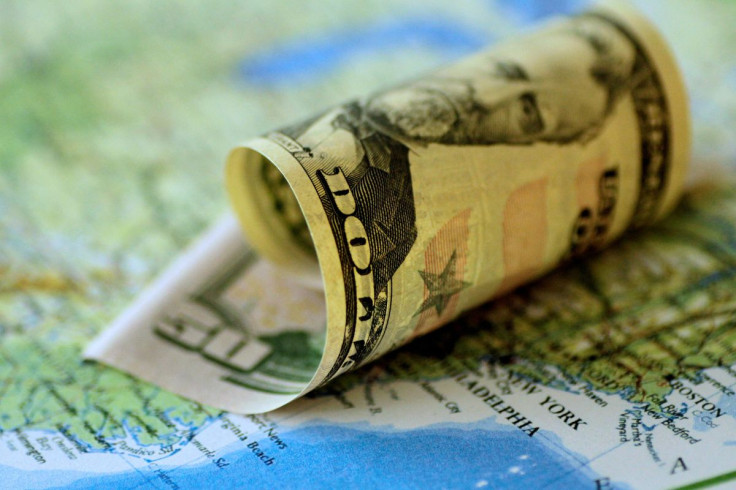US Inflation Sharply Rises To 9.1% Over Higher Food, Energy Costs

Inflation raced ahead again in June to hit 9.1% in the last year, breaking yet another record and leaving analysts' expectations of lower inflation in the dust.
On Wednesday, the U.S. Labor Department released its monthly data for the Consumer Price Index (CPI) that showed a 9.1% increase in prices over the past year. The 40-year-record topped market expectations of a smaller, albeit still high, reading of 8.8%.
The numbers effectively notched a second month of sharper-than-expected inflation after a bitter rebound seen in May. Prices for basic goods like food and energy were the biggest contributors to this month’s high reading.
On a year-on-year basis, food prices rose by 10.4% with five of the six major U.S. grocery store group indexes showing an increase in June. However, on a monthly basis, the price of food dipped downward slightly from a 1.2% to 1% increase.
Like in previous months, runaway energy prices have been the single biggest contributor to soaring inflation in the economy. The Labor Department’s energy index showed a 7% increase since May, which accounted for nearly half of the overall inflation increase.
Higher gas prices were the primary culprit with the gas index going up 11.2% in June, up 4.1% in the last month. On a yearly basis, energy prices rose 41.6% with the gas index showing 59.9% on its own.
This news came despite recent declining prices at the pump, which topped the $5 a gallon average mark in mid-June. According to the American Automobile Association, the national average price for a gallon of gas now stands at $4.631.
This inflation reading comes as discussions mount on whether the economy is on the brink of a recession. Prominent business leaders and executives have expressed concern that it is a matter of when, not if, this will occur. Firms were battered by investors pulling back on stocks due to recession fears, sending the stock market into a prolonged period of volatility in May.
For the Federal Reserve, this reversal may signal that their past rate hikes may not have been enough to curb inflation’s ascent. This may translate to more urgency for further rate hikes, something the market appears to be expecting.





















